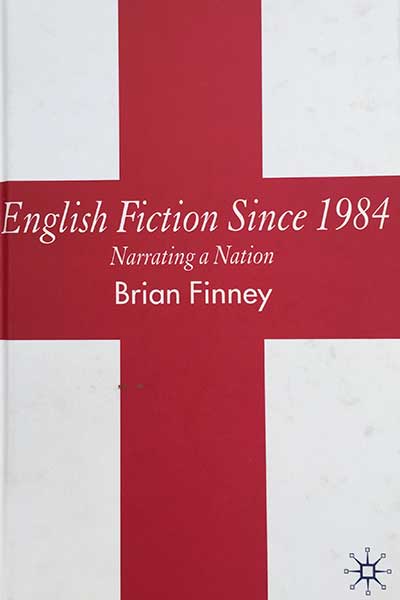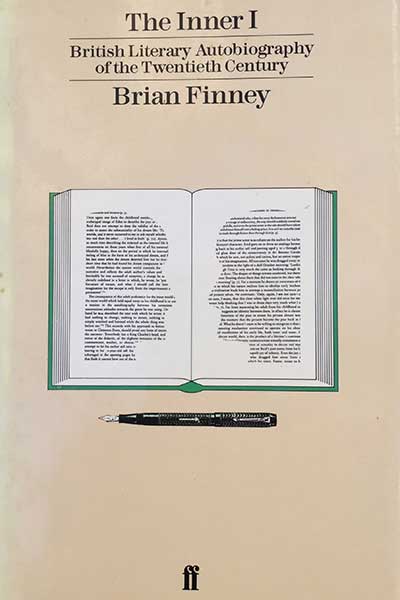English Fiction Since 1984: Narrating a Nation
Between them they changed the shape of British fiction with their innovative methods of narration and their appeal to an international readership. Many of them looked abroad for inspiration - Amis admired Bellow and Nabokov, Barnes looked to Flaubert and the French novelists, while Rushdie was raised as a trans-national citizen of the world. The vision of these writers was global compared to the provincial outlook of most British novelists since World War Two. This widening of the British novel's interest ran parallel to Britain's embrace of multinational capitalism under Margaret Thatcher. The period of late modernity compelled these writers to seek out new ways of narrating it. Confronted with a world threatened by nuclear destruction, most of these novelists rejected the notion of a unified personality and played with the poststructuralist notion of multiple selves. The book is divided into three sections: History, Modernity and Metafiction (Ackroyd, Barnes, Amis, Byatt McEwan); National Cultures and Hybrid Narrative Modes (Rushdie, Kureishi, Ishiguro); and Narrative Constructions of Identity (Carter, Winterson, Swift).
More info →The Inner I: British Literary Autobigraphy of the Twentieth Century
Finney focuses on subjective autobiographies in which attention is focused on the self, which he considers a distinctively twentieth-century form of the genre. This incisive study of selected autobiographical works by British novelists, poets, and playwrights begins with "Versions of Truth," in which Finney sets out to demonstrate--using among others the works of W.H. Davies, George Orwell, Joseph Conrad, and Christopher Isherwood--the extent to which autobiographical narrative, like other forms of narrative, makes heavy use of aesthetic criteria even when the writer is most concerned with giving a completely honest version of the facts. The second section, "In Search of Self," reviews the ways modern autobiographers have chosen to portray themselves (including their unconscious) based on psychoanalytical insights peculiar to the 20th century. Employing the theories of Freud and Jung, Finney reads the autobiographies of Edmund Gosse, W.B. Yeats, H.G. Wells, Stephen Spender, and others to demonstrate the nature of the insights psychology has to offer readers and writers of 20th-century autobiography.
More info →Christopher Isherwood: A Critical Biography
Winner of the James Tait Black Memorial Prize in Biography (1979)
It argues that some of his later novels are just as powerful as the Berlin novels which made him famous. Using interviews with Isherwood and others and citing from Isherwood's unpublished letters at the time, Finney shows how the events in Isherwood's life became transformed into his fiction. Interspersed chapters offer informed critical analysis of all his major work up to 1978. This biography won the James Tait Black Memorial Award for non-fiction in 1979. It was also chosen by Philip Toynbee as one of his best three books of the year in the Observer.
More info →



